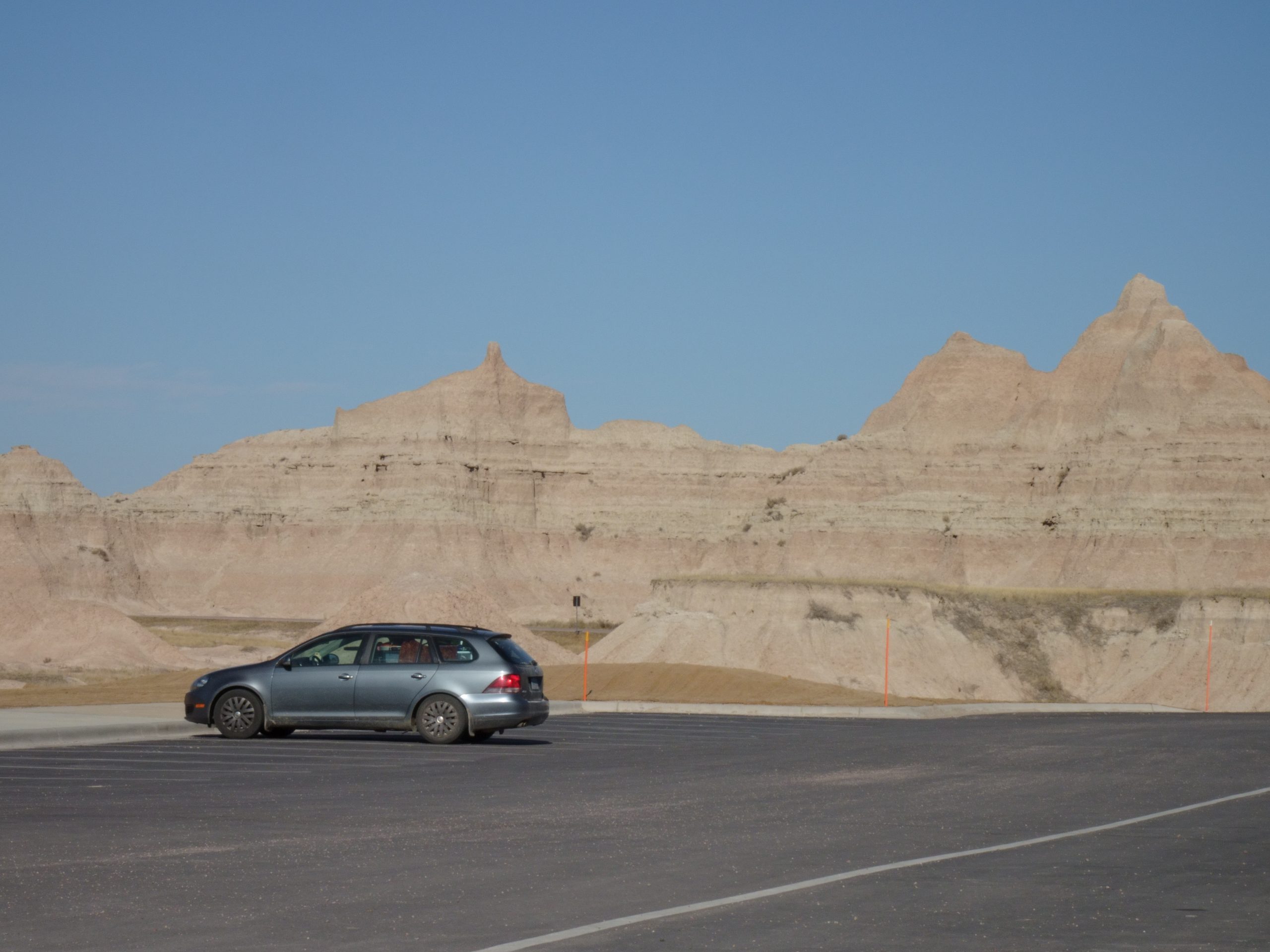Part Two
About Thoreau
In order to understand Thoreau’s ideas, we need to understand a bit about the man himself. Henry David Thoreau is the patron saint of American philosophical hippies (Lao Tzu probably holds the international title). For better or for worse, young wanna-be philosophers (myself included) bring him up when a joint makes the rounds at sophomore parties on liberal arts campuses. “He just gets it, ya know? Like there’s gotta be more to life than getting a job and making money and buying shit. Do we really need all that stuff? No way man.” Thoreau’s words may not be as eloquent as the contemporary translation I just laid out, but he would put it like this: “men labor under a mistake. The better part of the man is soon plowed into the soil for compost” (pg.2) or, “[t]he mass of men lead lives of quiet desperation” (pg.4) or perhaps “Most of the luxuries, and many of the so-called comforts of life, are not only not indispensable, but positive hindrances to the elevation of mankind.” (pg. 9) Add to these quasi-Marxists ideals Thoreau’s belief in the divinity of nature, and his love of Hindu philosophy, and it isn’t difficult to see why hippies (both Woodstock-goers of the 70’s and their successors: hipsters fond of hiking) would be quick to adopt his ideas.

About Walden
In line with his modern cultural reputation, Henry David Thoreau is perhaps best known for a lifestyle experiment he conducted from 1845 to 1847. He decided to live in a tiny cabin in the woods of Concord Mass, at a place called Walden Pond. Ten years later, he would write about his experience by weaving together logistical accounts, societal critiques, and ethical considerations for living into his most famous work: Walden. All the quotes I used in the previous paragraph were taken from Walden and I’ll be focusing on that text in this series. If you’d like to take a look at the text online for FREE, you can do so HERE.
In the section Where I Lived, and What I Lived for, Thoreau describes his ambition like this: “I went to the woods because I wished to live deliberately, to front only the essential facts of life, and see if I could not learn what it had to teach, and not, when I came to die, discover that I had not lived (P. 62).” He didn’t want to be on his death bed and realize Oh shit! I’ve floated through life following the advice of others; I got a job, I made enough money to raise a family, I bought expensive things, and I never once bothered to search for my own, personal meaning! I never once took deliberate action to question conventional wisdom! By going to live in the woods, Thoreau took deliberate action. He stripped life’s experience down until there was nothing left to strip and then observed what remained. It is essential that we grasp this notion of deliberate, conscious action that manifests as simplicity. Eventually, it would form the cornerstone of his overarching philosophy.
Context
But before getting too far into Thoreau’s head, we need some background; context is at least 50% of understanding philosophy. By this, I mean that most great works of philosophy are one person’s response to someone else, or to some facet of their environment, or to their religion, and if we don’t understand what the individual is responding to, we can’t really grasp the meaning of their work.
So: context. Thoreau lived during the end of the Industrial Revolution. The preceding 100 years saw the invention of steam power, water power, new mechanical processes, and new methods of chemical engineering. And reflected in these developments was society’s desire to make all processes more efficient; to produce as much as possible as quickly as possible.
Thoreau was disgusted by this sort of “progress”. He hated it not on principal, but because he thought that it just didn’t make practical sense. If society really wanted to improve people’s lives, then forcing huge populations into factories seemed like bad way to do it. Sure, better technologies and greater comforts became available to more people, but individuals paid for these advances with greater and greater chunks of their one and only lives. Such costs were nowhere near worth it to Thoreau. After all, YOLO.
Thoreau compared the industrialized societies of the mid 1800’s to American Indian societies of the same time and suggested that citizens of the latter led better lives. Ah ha! Another point for Thoreau on the hippie scorecard!
Wrap Up
So that’s Thoreau. Well, it’s not, but that’s the most condensed version of Thoreau we can get away with for our purposes. If you’re still curious about the man, spend a lunch break on his Wikipedia page. It’s a great read I promise. Did you know he never married, he made pencils most of the time he wasn’t living in the woods, and he went to jail for tax evasion because he refused to contribute in any way to the Spanish-American war?
Anyways, that’s long enough for this week. Next time, we’ll explore the philosophical school Thoreau’s ideas aligned with: Transcendentalism. Then, I promise we’ll get into Van Life and the heart of Thoreau’s philosophy – what he found out there in the Massachusetts back country. Until then, be kind to yourself, be kind to others, and safe travels out there.
Dylan



